Featured
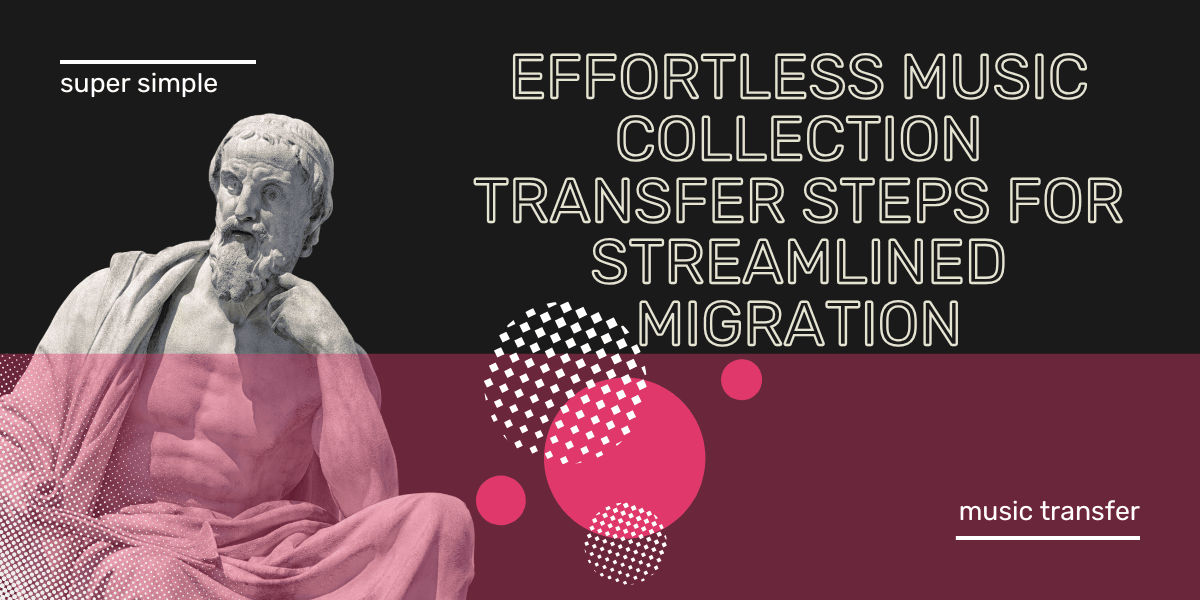
Effortless Music Collection Transfer Steps for Streamlined Migration
Follow these music collection transfer steps to seamlessly migrate your playlists and tracks to a new streaming service. Simple and easy to implement.
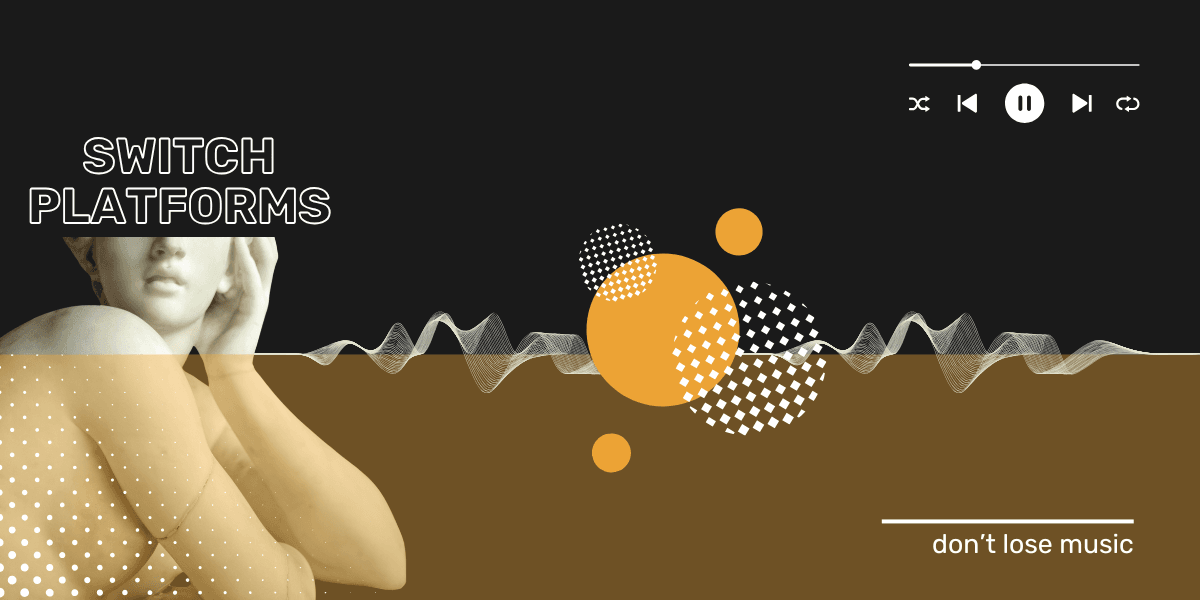
Switch Platforms, Keep Your Music
Switch platforms but keep your music and playlists. We make it fast and easy to keep your playlists while switching to another music streaming service.

How To Switch Music Streaming Services
Whether you’re chasing a better deal, sick of poor pay for artists, or simply exploring what’s out there, this guide will walk you through everything you need to know about switching music streaming services.
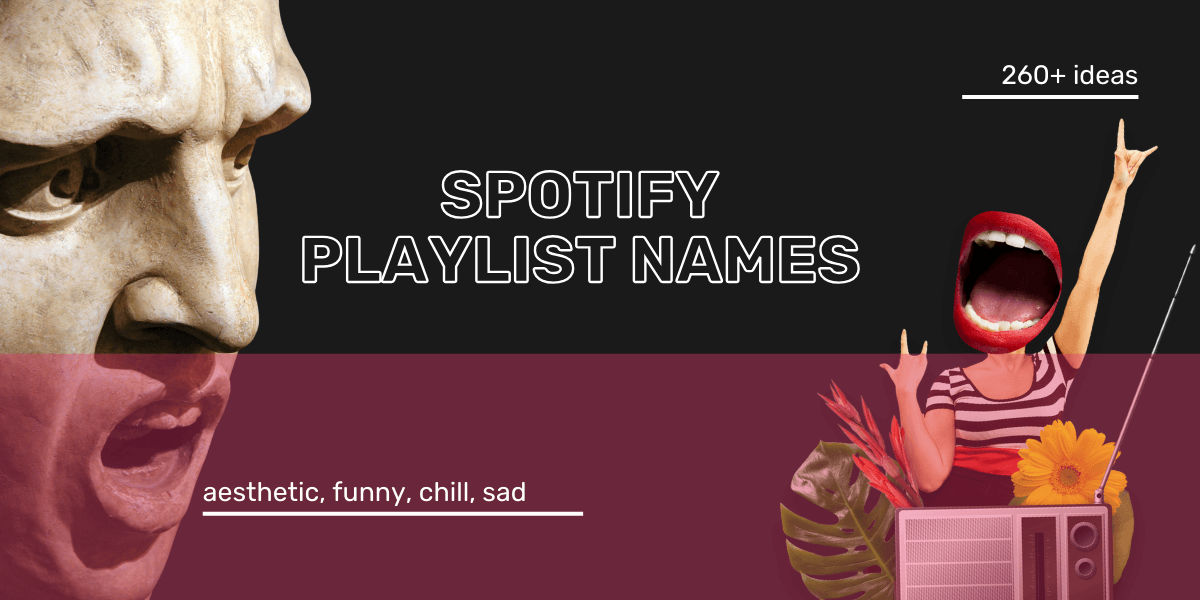
260+ Spotify Playlist Names - Aesthetic, Funny, Chill, Sad
Sometimes it takes a lot of work to come up with a great playlist name. Our list can help you save some time and find you the right name.

Best Spotify Equalizer Settings
The best equlaizer settings for Spotify. Including manual settings for bass, classical music, rock music, and podcasts.
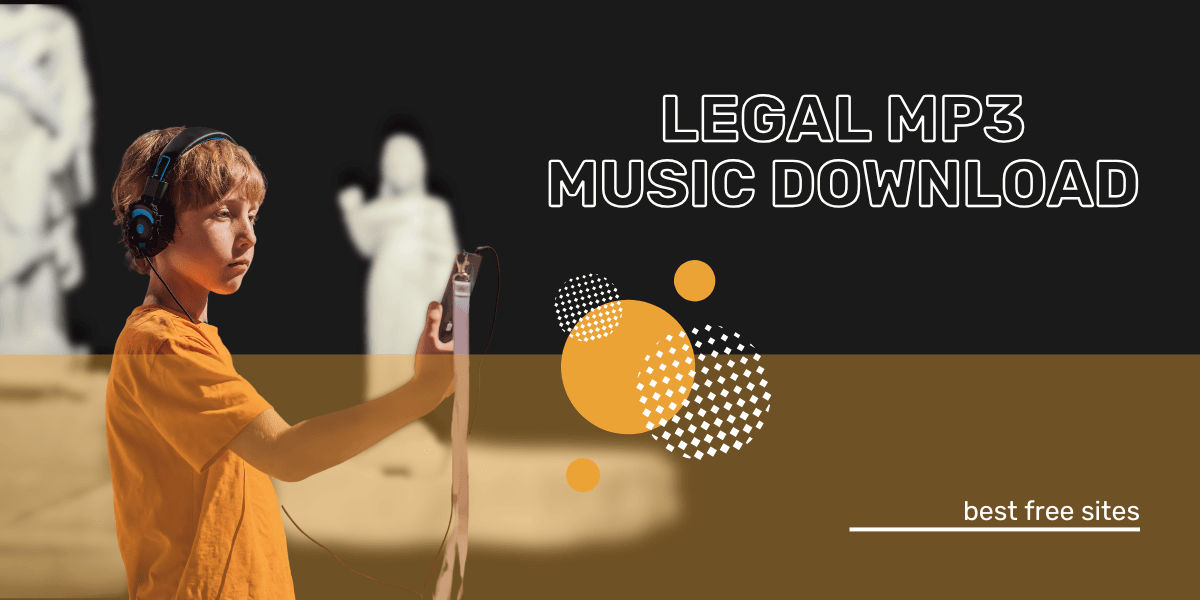
Best Free Music Download Sites for Legal MP3 Downloads
Discover the top free music download sites for legal MP3 downloads. Access thousands of songs without breaking the law!
Recent

7 Best Examples of Playlist Management Tools Explained
Discover 7 top examples of playlist management tools. Learn how these solutions help transfer, sync, and organize music collections across streaming platforms.

How to Convert Spotify Playlist to Amazon Music Easily
Learn how to convert Spotify playlist to Amazon Music with step-by-step instructions using Free Your Music for a seamless playlist migration process.

Playlist Sharing Explained: Benefits, Types, and Impact
Discover the role of playlist sharing in music streaming. This comprehensive guide covers sharing methods, benefits, security, and legal aspects.

How to Submit Music to Spotify Playlists Free Easily
Discover how to submit music to Spotify playlists free with step-by-step instructions for music enthusiasts and pros. Boost your chances of playlist placement.
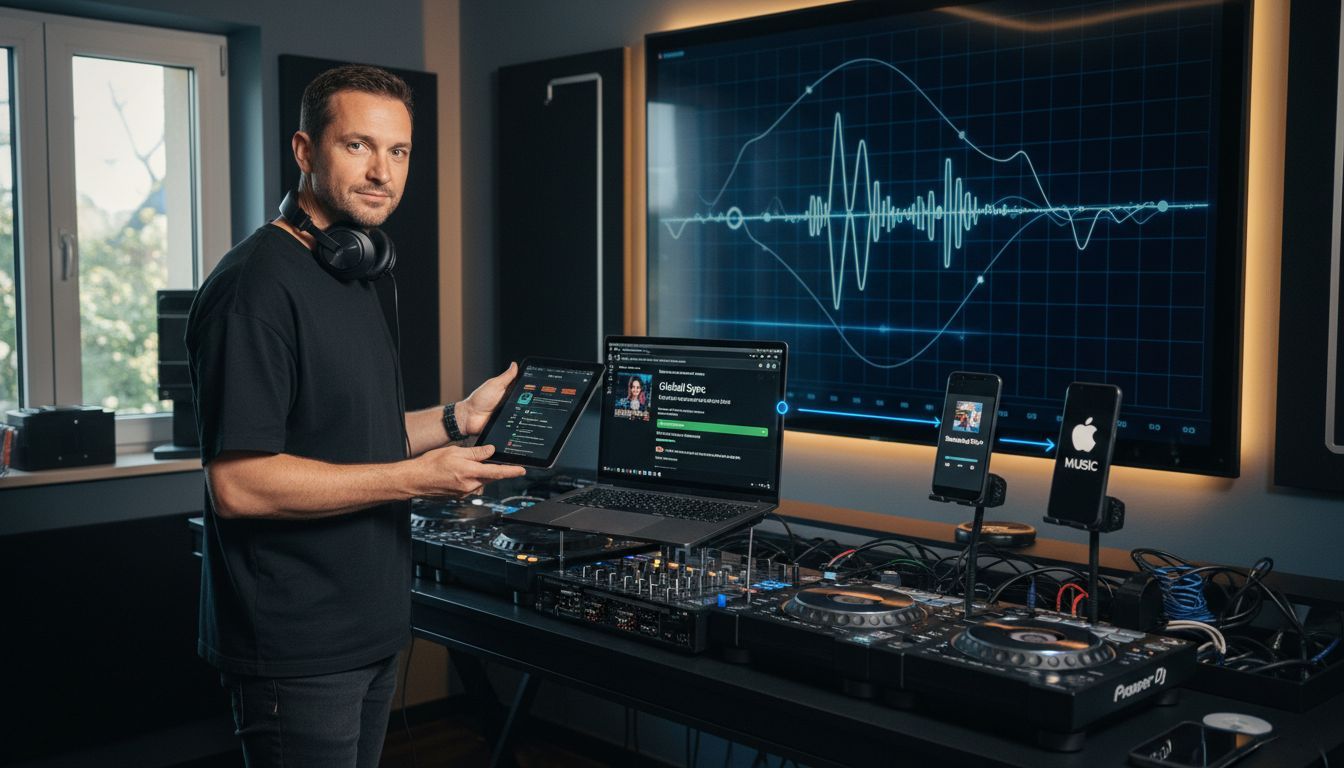
What Is Playlist Syncing? Complete Guide for 2025
Playlist syncing explained: definition, how it works, main benefits, real-world examples, security concerns, and key differences from playlist transfer.

How to Export Apple Music Playlist Seamlessly
Learn how to export Apple Music playlist step by step using Free Your Music. Transfer, sync, and verify playlists across streaming platforms easily.

7 Key Music Streaming Trends 2025 for Smart Playlist Users
Discover 7 essential music streaming trends 2025 that help users optimize playlist transfers, sync accounts, and improve streaming experiences.

What Is Playlist Migration SaaS? Complete Overview
Playlist migration SaaS explained: core definition, main features, migration process, security considerations, and key benefits for music streamers.

Complete Guide to Types of Playlist Synchronization
Types of playlist synchronization explained: learn manual, automatic, cross-platform sync, real-time updates, and best practices in this comprehensive guide.

7 Essential Tips for a Streaming Service Comparison List
Discover 7 essential tips in this streaming service comparison list to help users choose, switch, and manage playlists effectively across platforms.
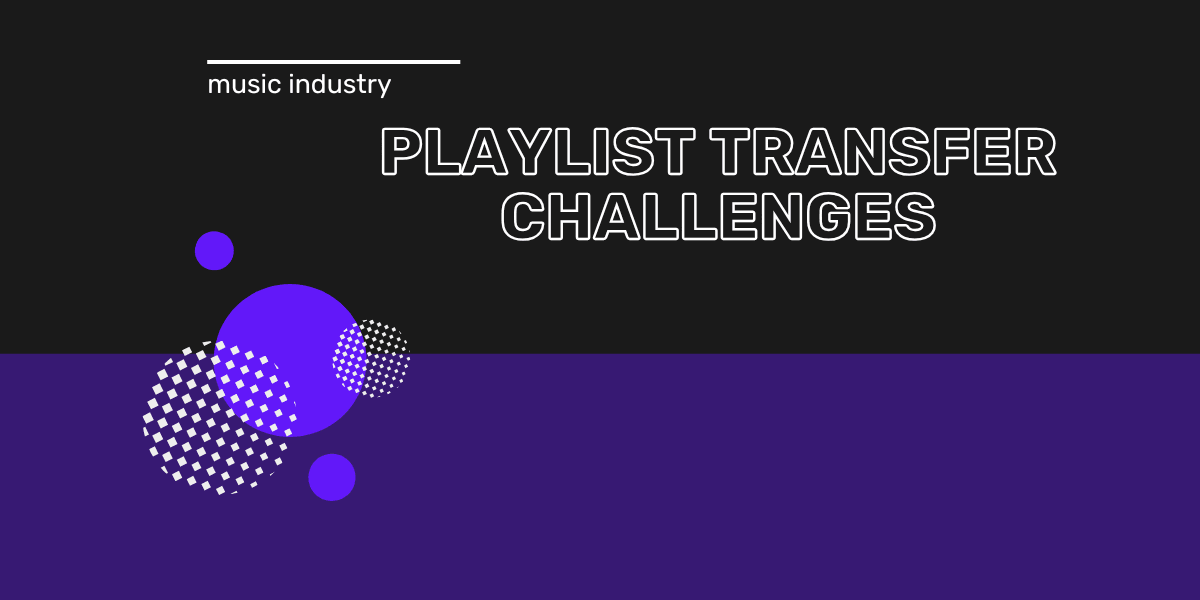
Understanding Playlist Transfer Challenges for Music Fans
Explore playlist transfer challenges and gain a comprehensive understanding of their impact on your music experience.
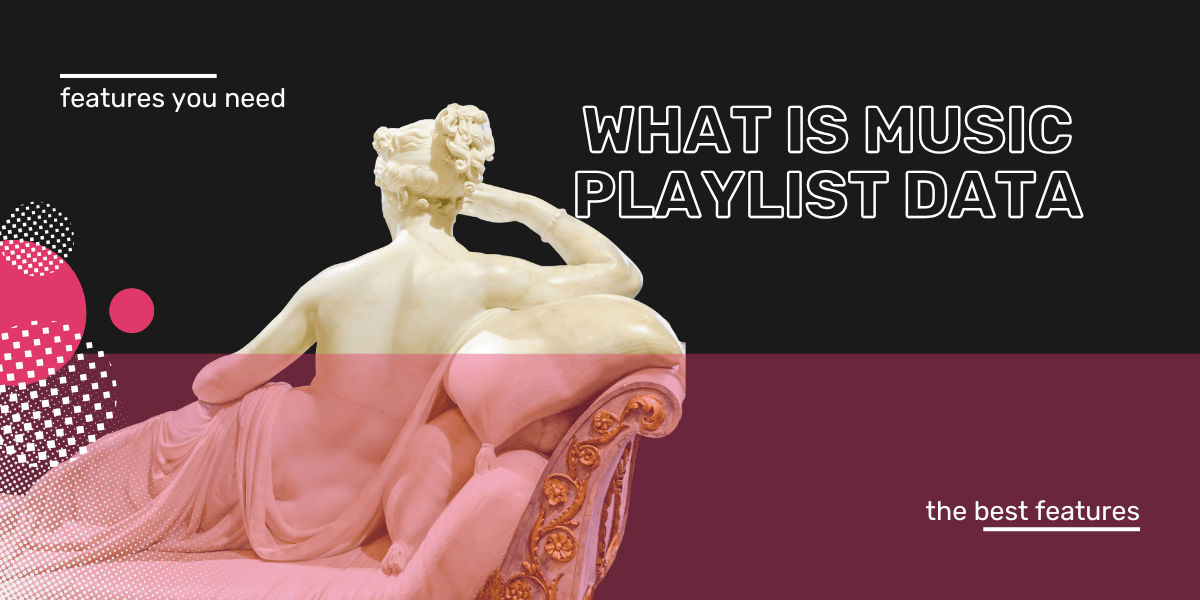
Understanding What is Music Playlist Data and Its Importance
Discover what is music playlist data and why it matters. Gain insights into its function, significance, and real-world applications in music streaming.
Music Marketing
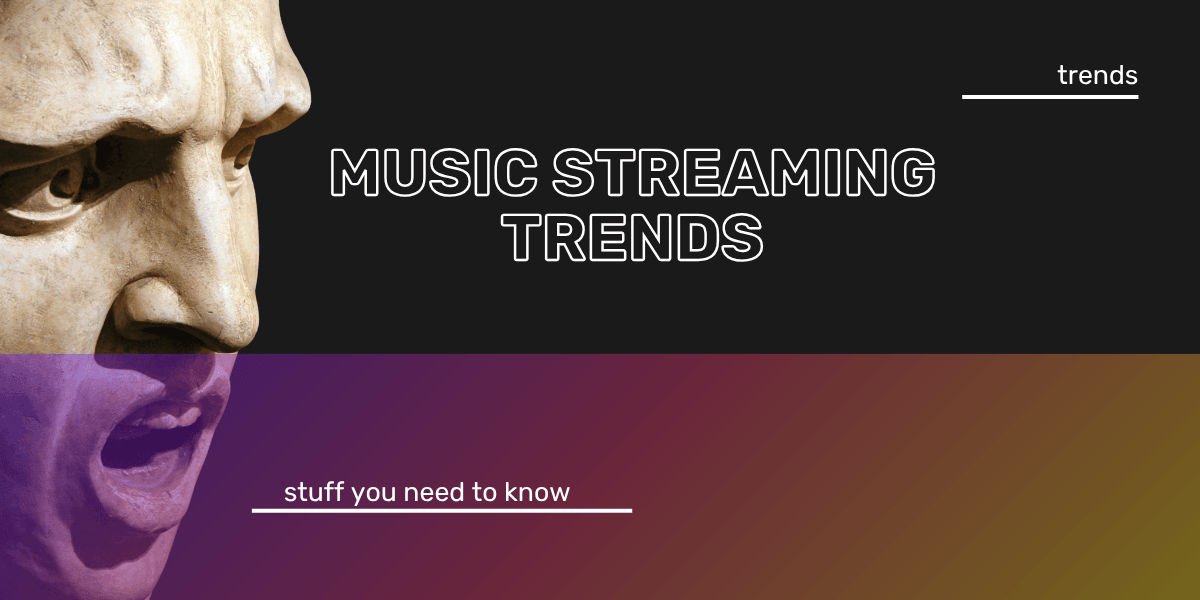
Music streaming trends 2025: a comprehensive understanding
Discover the music streaming trends 2025 and understand their meaning, development and functionality for music lovers and professionals.
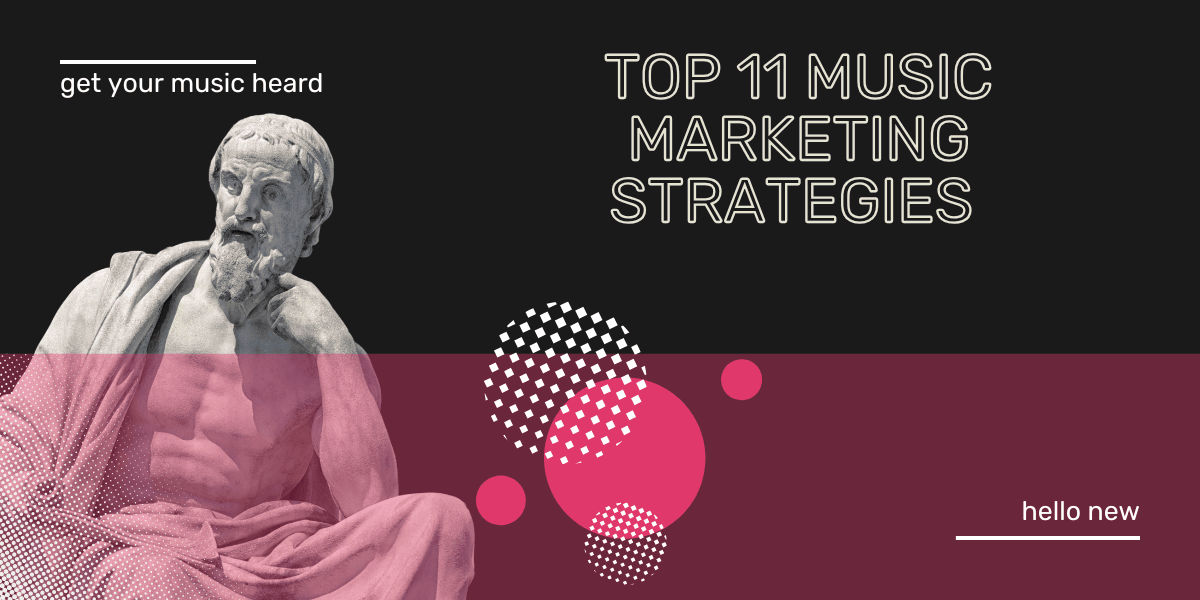
Top 11 Music Marketing Strategies for 2025
Music marketing evolves quickly, and what worked in 2015 may not have been effective in 2019, nor will it likely be in 2025. Connecting with your audience can feel challenging in an ever-changing landscape. Want to know how to market your music in 2025? These 11 music marketing strategies will help you stand out and grow your fanbase.

Introducing SongsBrew
SongsBrew is the best music newsletter ont he market. So why are you signed up yet?
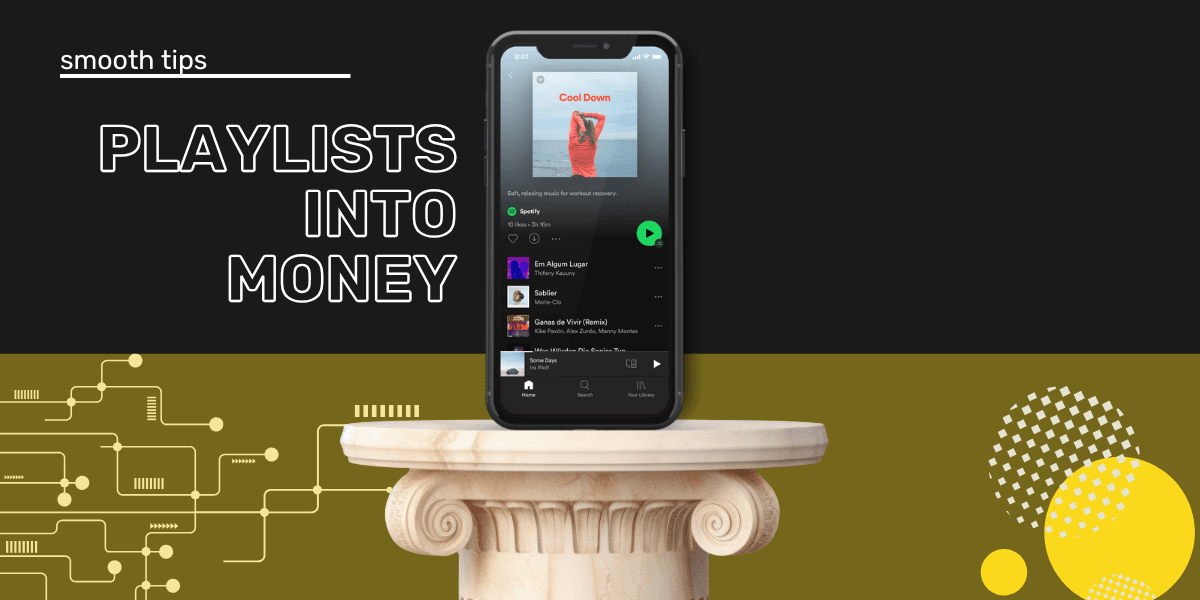
How to Make Money Making Playlists
There has been a rise in music curation, first as a hobby and then as a side hustle or full-time income. Find out more about becoming music curator.
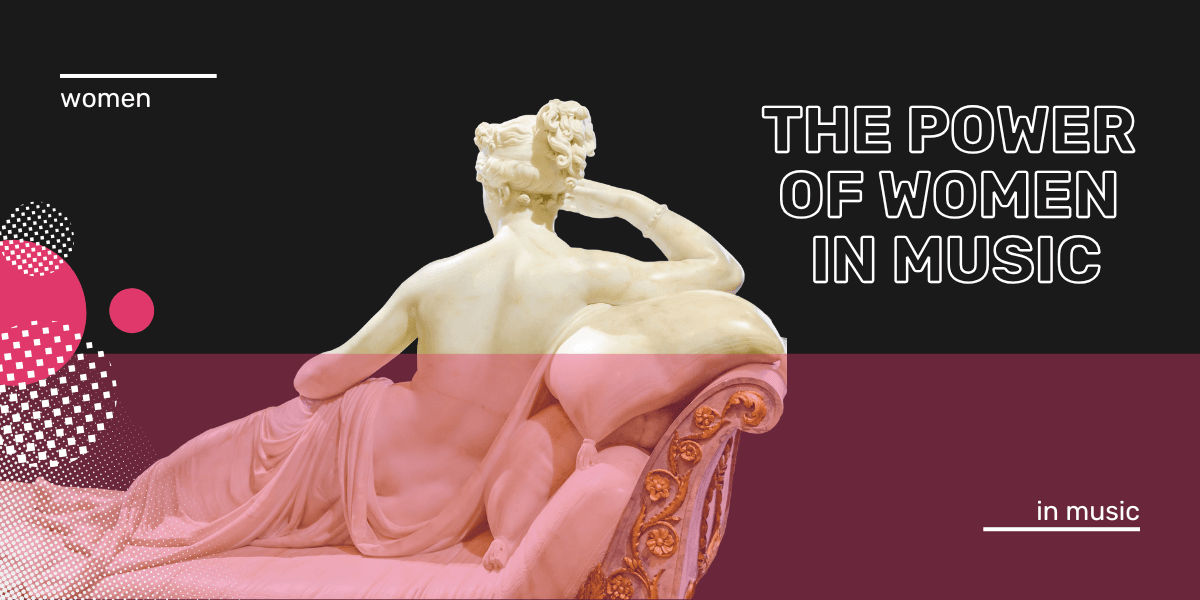
Women in Music
The power of women in music: spending power, support, trailblazers and how you can support women in the music industry.
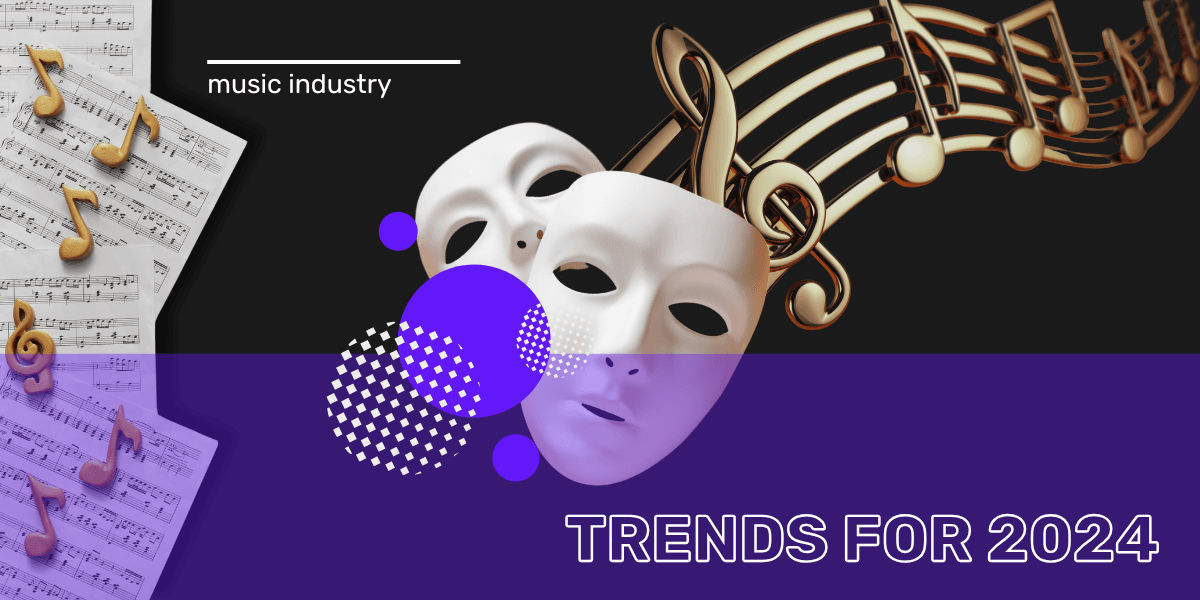
Music Industry Trends for 2024
2024 music trends: AI playlists, TikTok's influence, high-res audio, Gen Z's impact, podcast growth, and better artist pay on leading platforms.
Comparison

7 Essential Music Streaming Features You Need
Discover 7 essential music streaming features that enhance your listening experience and help you make the most of your music service.
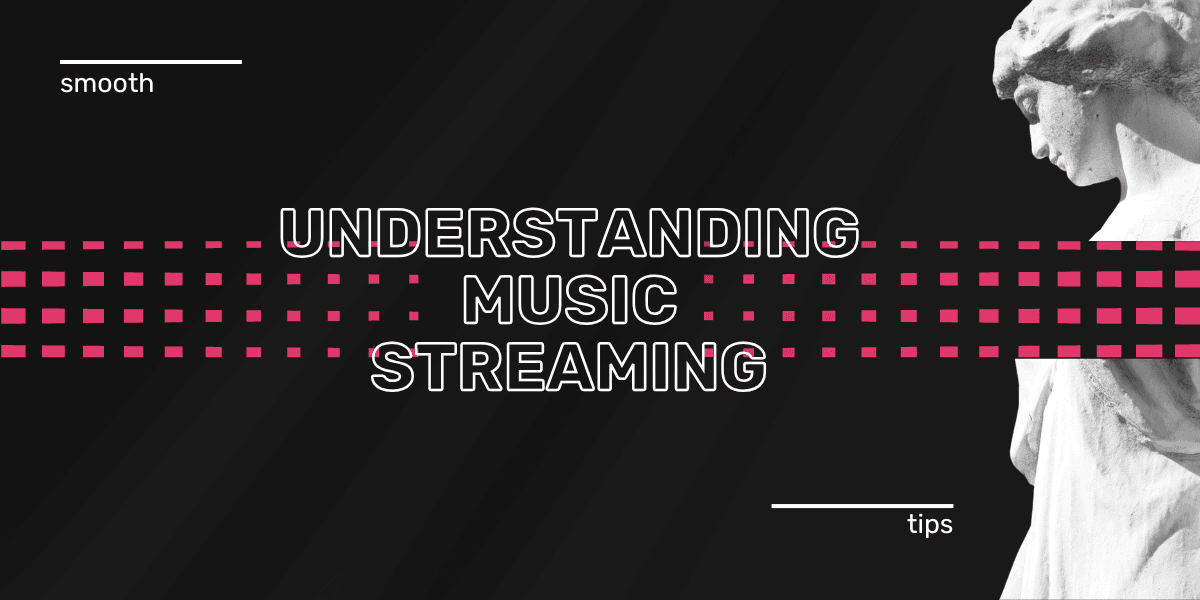
Understanding Music Streaming User Needs and Preferences
Explore music streaming user needs to understand their preferences, values, and usage for a better listening experience.
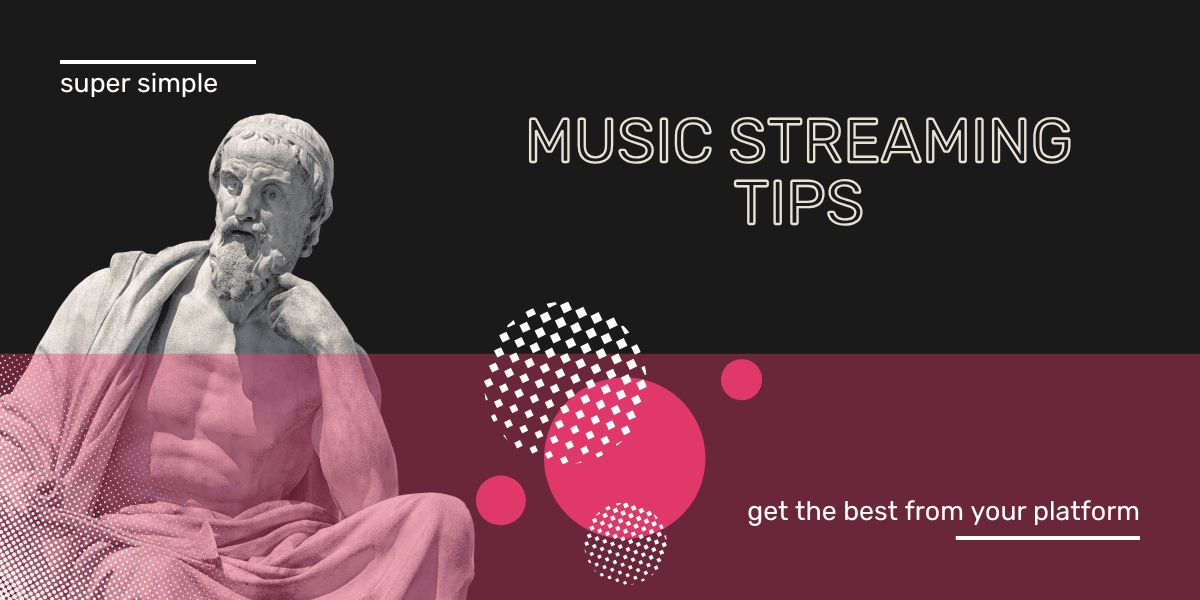
7 Essential Music Streaming Tips for Users
Discover 7 essential music streaming tips for users that will enhance your experience and help you make the most of your favorite platforms.
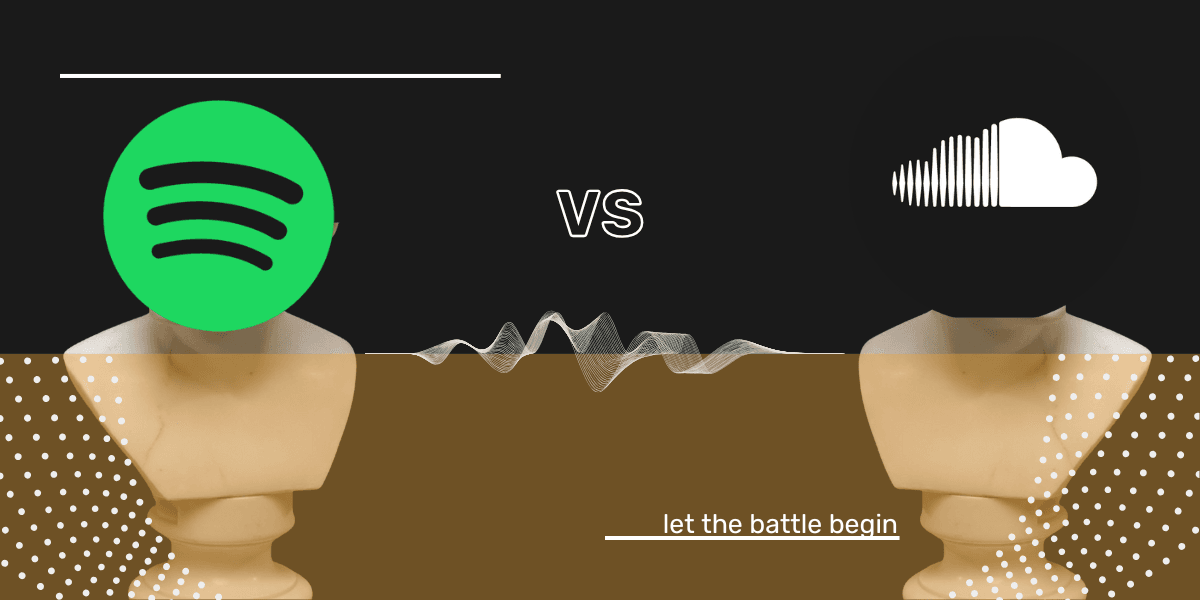
Spotify vs SoundCloud Which Music Platform to Use in 2025
Spotify and SoundCloud are two of the most popular music platforms, but they serve listeners in very different ways. Spotify is polished and algorithm-driven, while SoundCloud thrives on indie uploads and underground discovery.
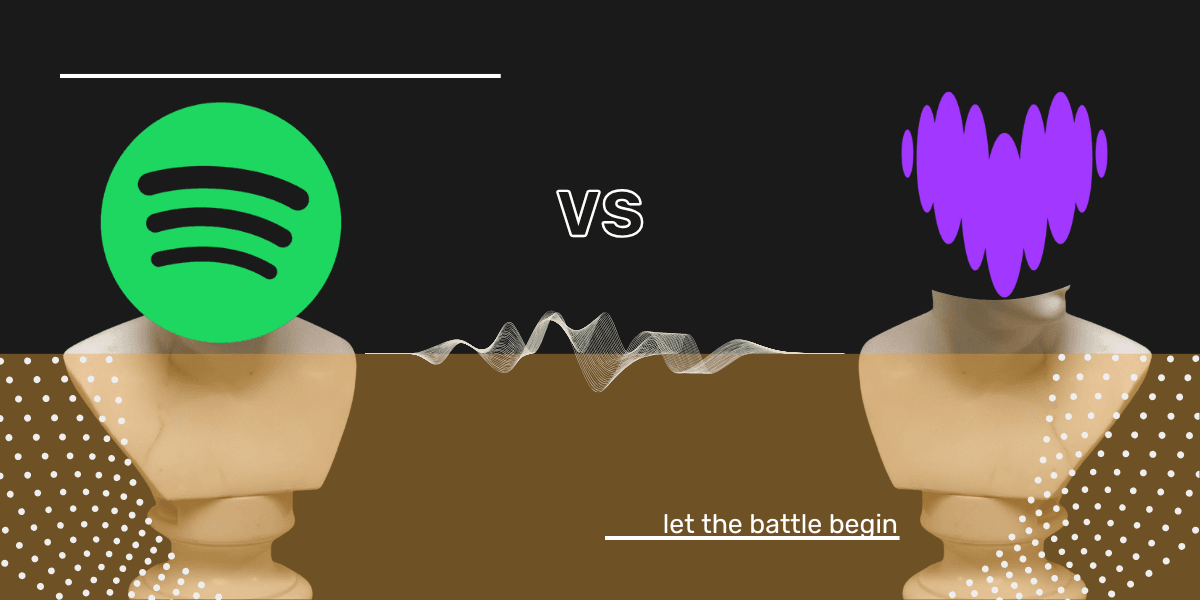
Deezer vs Spotify Which Music Streaming Service to Choose in 2025
Deezer and Spotify are the two most well-known music streaming platforms. Although similar, especially in terms of their price and the fact that they both offer a free version, they differ in several ways. Deezer vs Spotify - which one to choose?
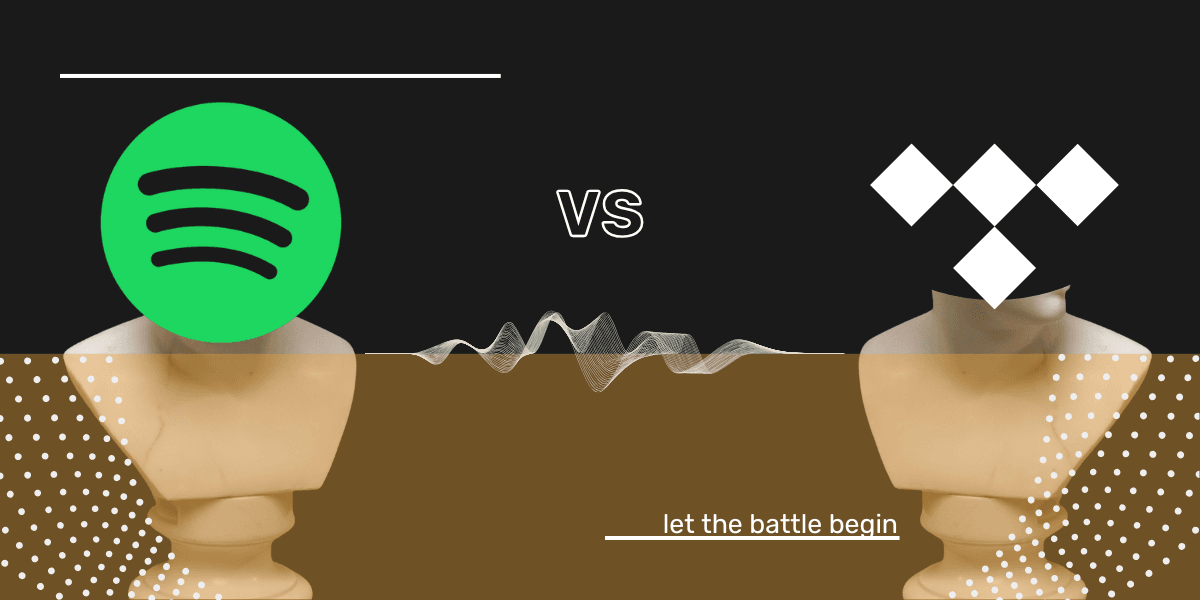
TIDAL or Spotify – Which One Wins in 2025?
TIDAL vs Spotify - Updated comparison for 2025, including the new TIDAL pricing.
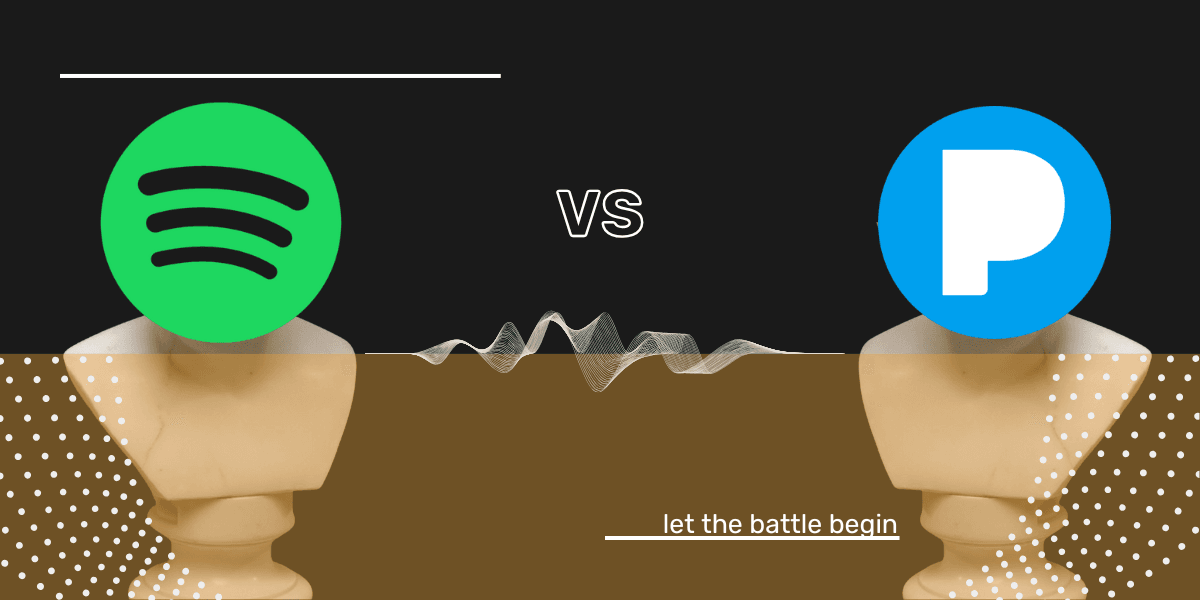
Pandora vs Spotify. Which One is Best?
Pandora vs. Spotify: Which streaming service offers better features, free tiers, and sound quality?
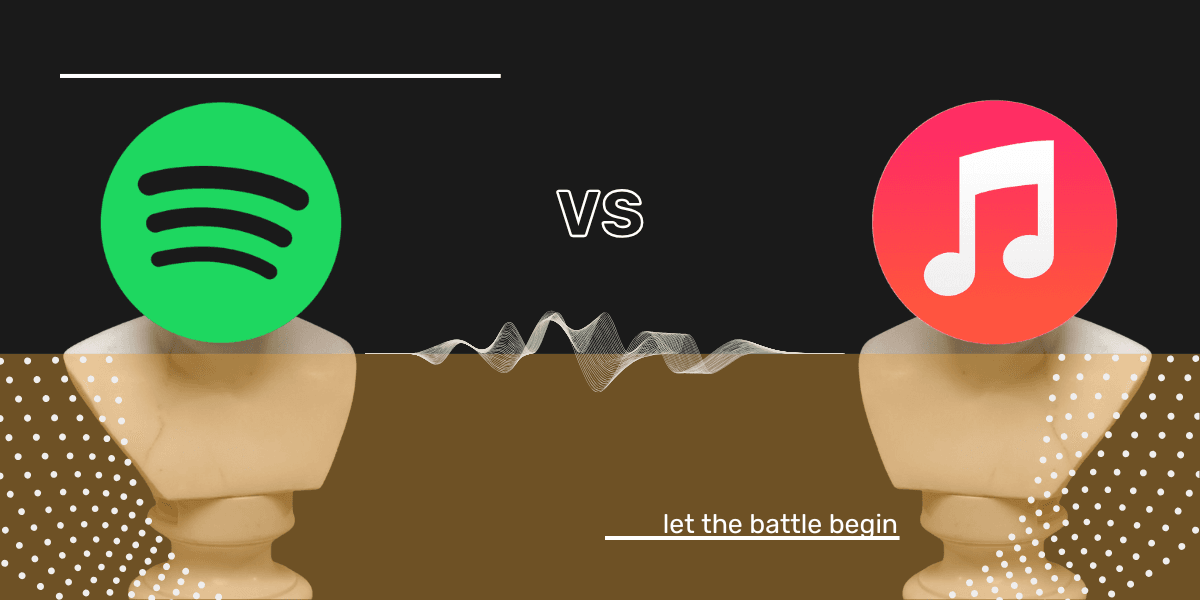
Spotify or Apple Music: Which is Best for You in 2025?
Spotify or maybe Apple Music? They're both packed with features - but are made for different users. So which one is right for you?
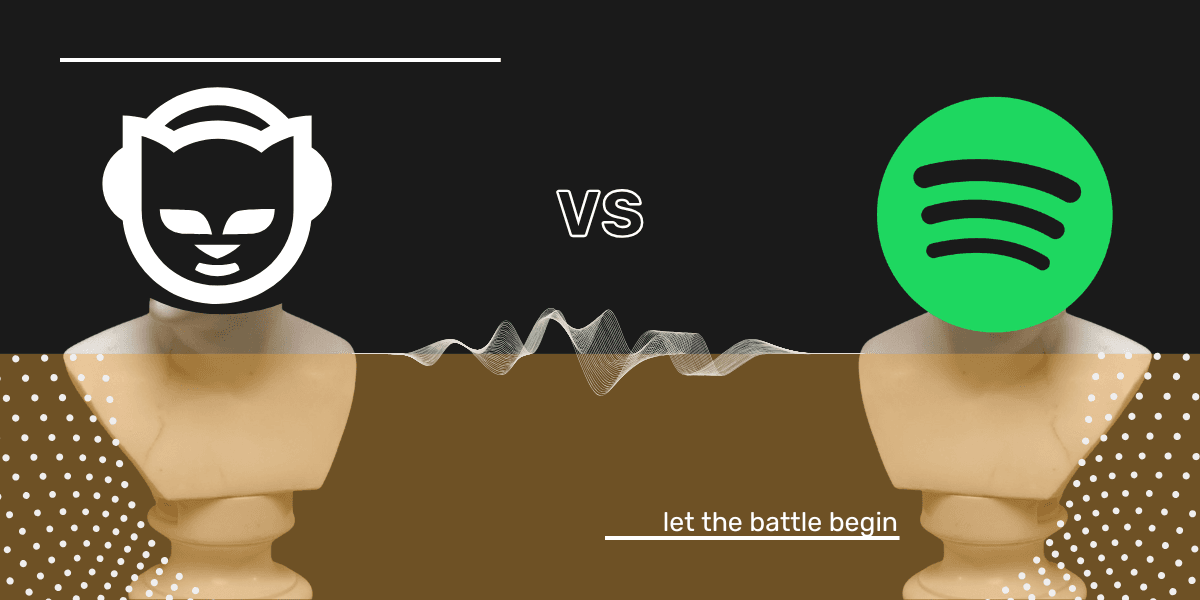
Napster vs Spotify: Comparing Music Streaming Services in 2025
Are you stuck between Spotify and Napster and are not sure about which one is ideal for you? Here’s everything you need to know about both services to help you decide.

The Best Music Streaming Services to Try in 2025
Choosing the right music streaming service can be overwhelming, especially with new features and pricing updates each year. Whether you’re looking for discovery tools, audio quality, or exclusive content, here are the best picks for 2025.
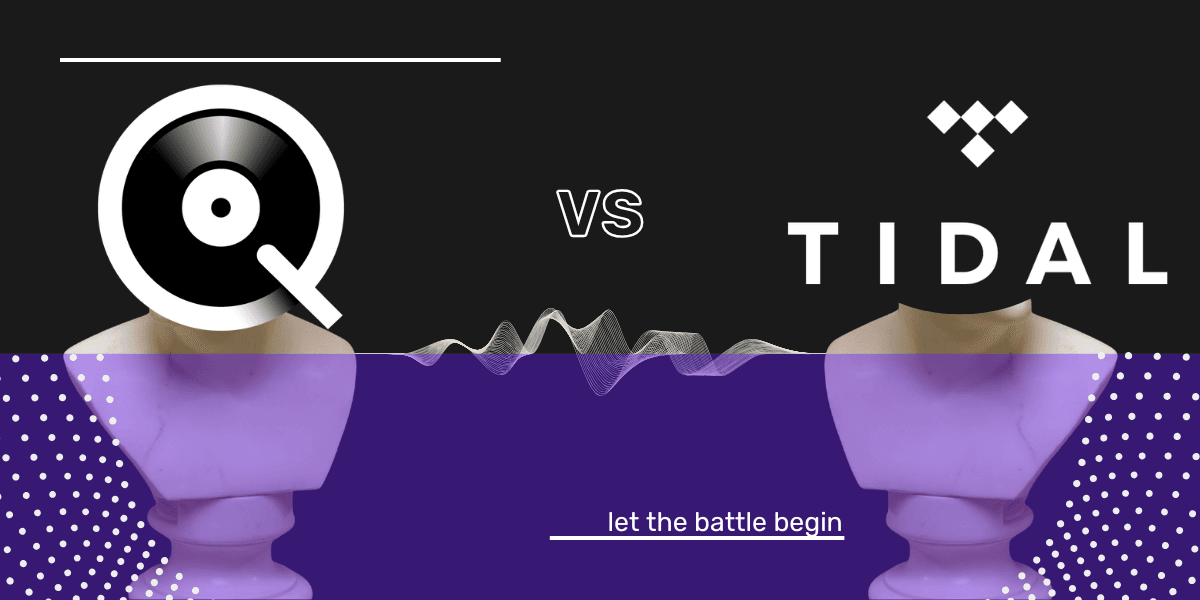
Qobuz vs Tidal: Which is Better in 2025?
If you're into seriously good sound, check out this comparison of TIDAL and Qobuz. We've dug into the details and user feedback to help you pick the perfect streaming service for killer audio.
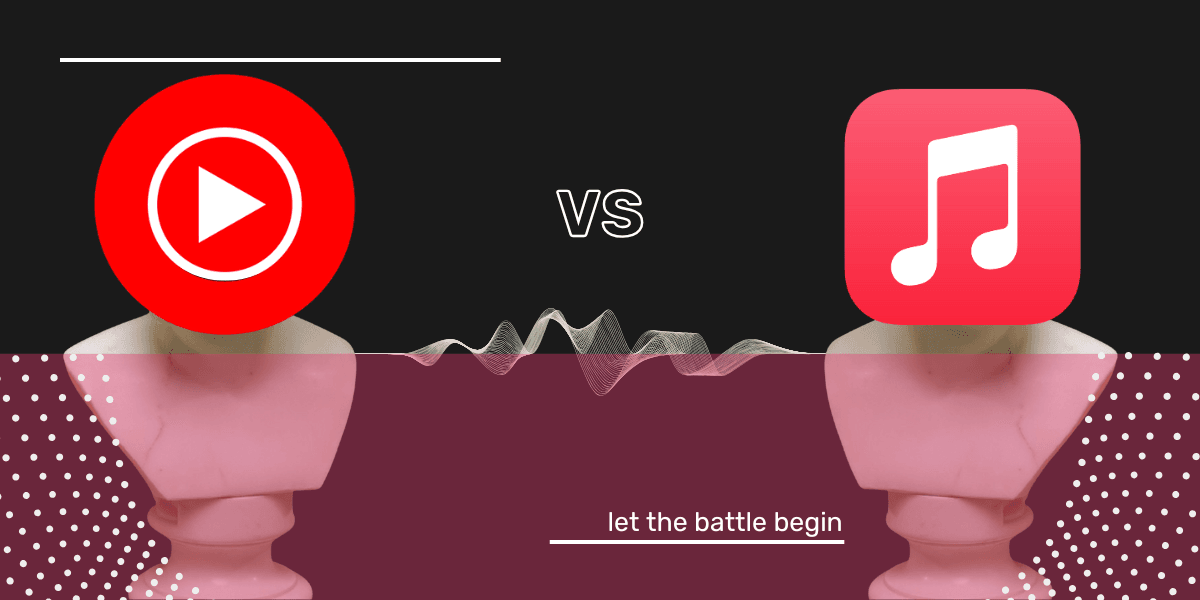
YouTube Music vs Apple Music: Which Is Best?
Which music streaming service truly deserves your loyalty? YouTube Music vs Apple Music?



